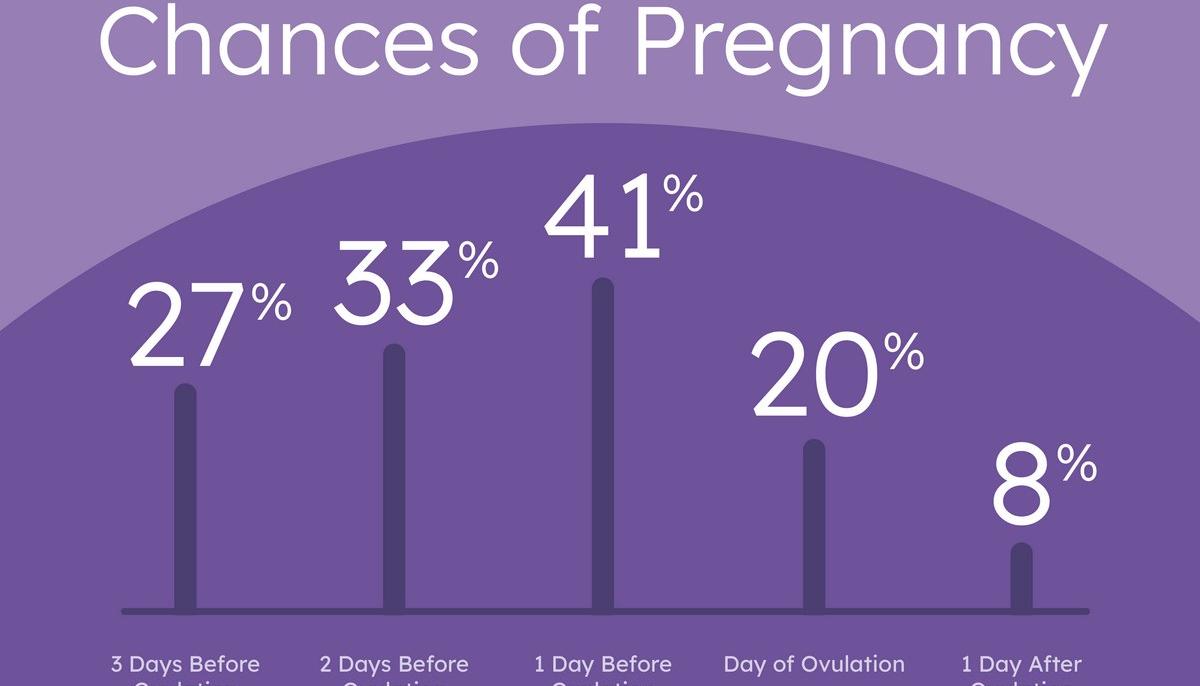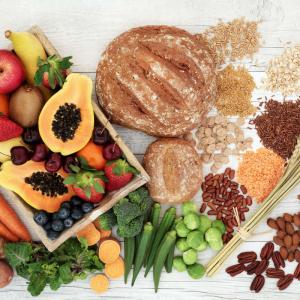When it comes to conceiving a child, there is no magic formula that can guarantee you will get pregnant. The chances of success depend on several factors: your age, the age of your partner, the degree of fertility, environmental factors, as well as unhealthy lifestyle and eating habits. All of this can influence the chances of conceiving a child, especially if you and your partner are over 35 years old.
Fortunately, there are methods by which you can increase the chances of becoming a mother.
Make love at the time of ovulation.
Every pregnancy begins with the meeting between an egg and a sperm. However, this oocyte can only be fertilized in the first 24 hours after ovulation. Therefore, to maximize the chances of pregnancy it is important that the fertile period is detected.
In normal cycles, ovulation occurs on the 14th day of the menstrual cycle, but there is a great variation from woman to woman and from cycle to cycle. To increase the chances of getting pregnant, it is recommended to find out the exact period when your fertility is at its highest.
You can find out the date of ovulation using one of the following techniques: the temperature curve, the observation of cervical mucus and the use of ovulation tests.
During this period, even before, it is recommended to have intimate relations at least once every two days. The reason is simple: sperm can remain in the female genital tract for 3 to 5 days, fertilizing the oocyte released during ovulation.
Even under these conditions, the fact that the moment is right does not guarantee the occurrence of a pregnancy. In each cycle, the probability of pregnancy after having intercourse at the key moment is only 15-20%.
To increase your chances, you need to make some changes in your lifestyle and diet. In short, to eliminate all the factors that can affect the chances of conceiving a child.
What are the factors that decrease fertility?
There are many factors that affect fertility. They belong to the lifestyle and the environment, and the effect they produce is one of a cocktail. The result? Reduced chances of pregnancy.
If you want to get pregnant, it is very important to eliminate these factors as much as possible, especially since most of them will also produce effects on the development of the fetus, once the pregnancy is established.
Tobacco
In women, tobacco reduces female fertility by 10 to 40% per cycle. In men, it affects the number and mobility of spermatozoa.
Alcohol
Alcohol consumption can cause irregular, non-ovulatory cycles and can increase the risk of miscarriage. As for men, alcohol consumption can affect spermatogenesis.
The stress
Stress is the great enemy of libido. It triggers the secretion of different hormones that can have an impact on fertility. During significant stress, the pituitary gland secretes prolactin, a hormone that at excessively high levels risks disrupting ovulation in women and in men, leads to decreased libido, impotence and oligospermia.
To reduce stress, you can try different types of meditation (mindfulness) and breathing techniques.
Excess caffeine
In some cases, excess caffeine can increase the risk of miscarriage. Even if studies have not clearly proven this, as a precautionary measure, you can limit coffee consumption to a maximum of two coffees a day.
Pesticides, heavy metals and intensive sports can affect fertility just as much. As a general advice, try to maintain moderation in everything you do, especially in food, if you want to get pregnant faster.
Healthy eating increases the chances of getting pregnant
Extra kilos or minus kilos can affect fertility. Therefore, to increase the chances of getting pregnant, you must be aware of the importance of diet in fertility. Eat healthy foods and keep a caloric balance in your meals.
Foods with a high glycemic index cause repeated hyperinsulinemia, which can cause the absence of ovulation.
Reducing the intake of animal proteins and unsaturated fatty acids has beneficial effects on health and fertility.
Increasing fiber and iron intake, associated with dairy consumption, can improve fertility.
According to a recent American study, taking a daily multivitamin supplement during conception could reduce the risk of miscarriage by 55%. However, be very careful with self-medication in excess, because some vitamins can be harmful. Always ask your doctor for advice before taking food supplements.







